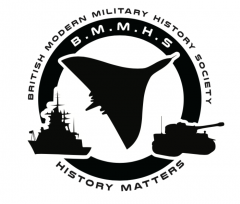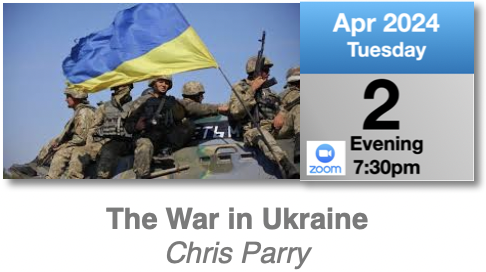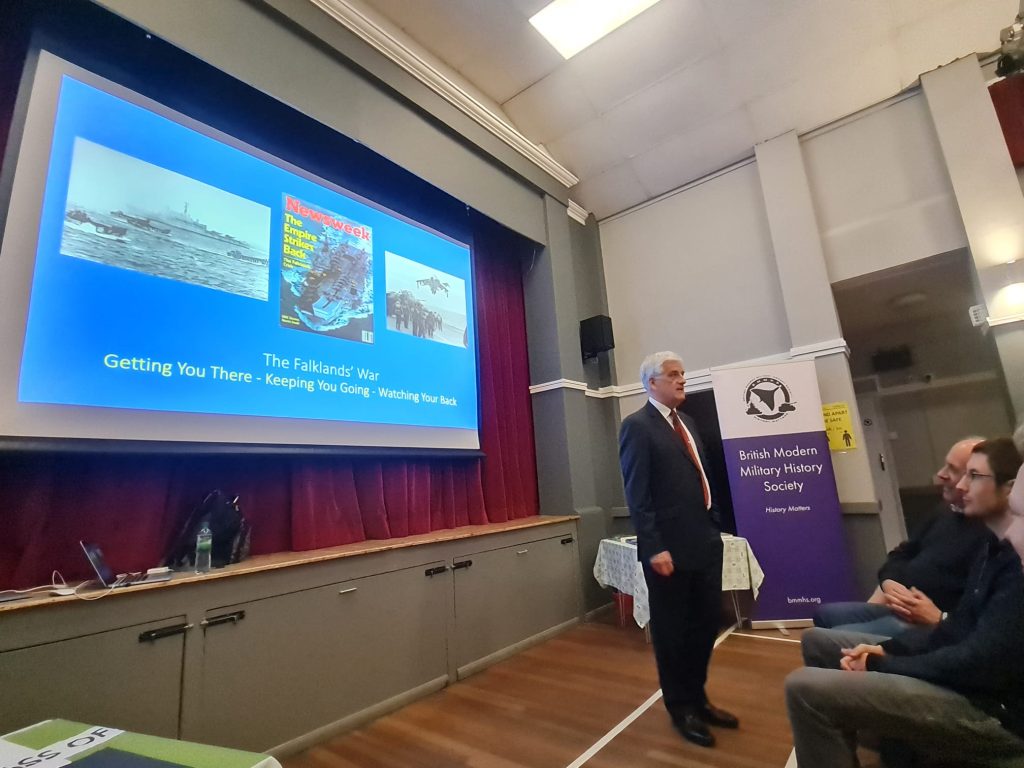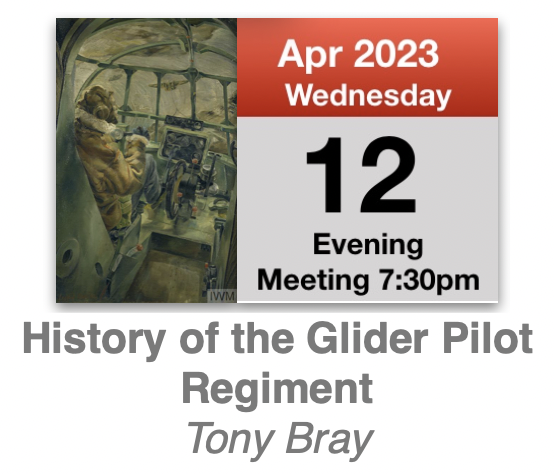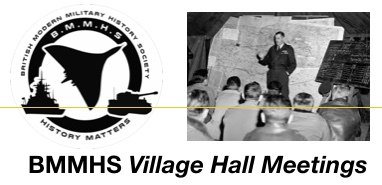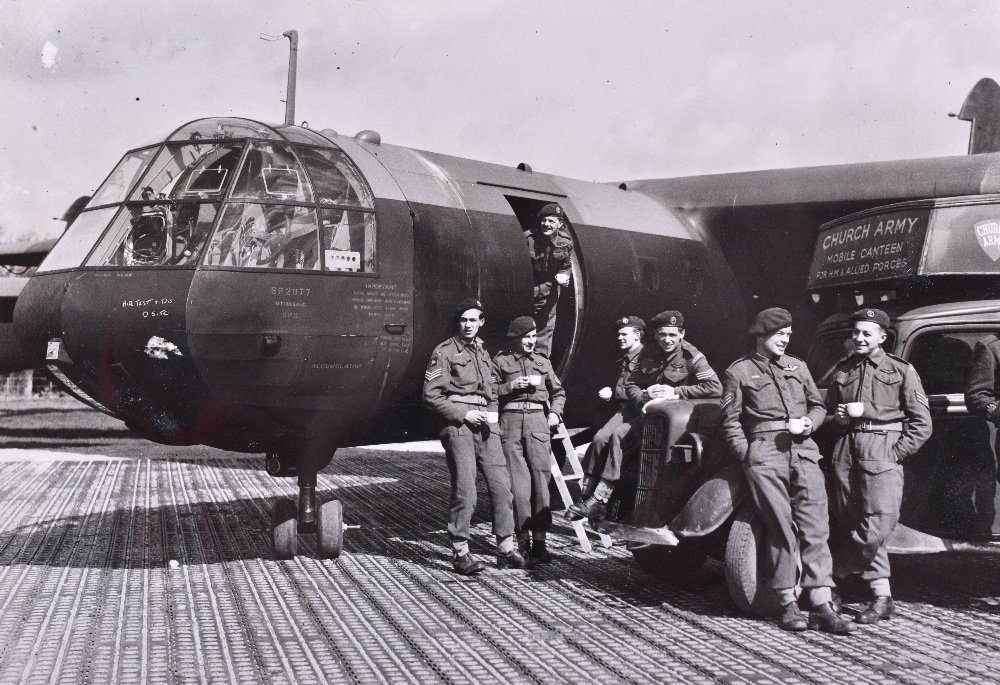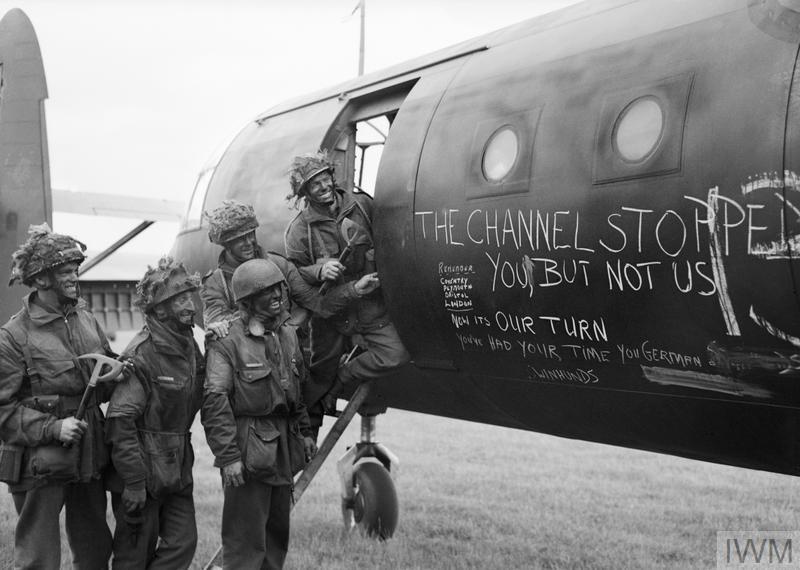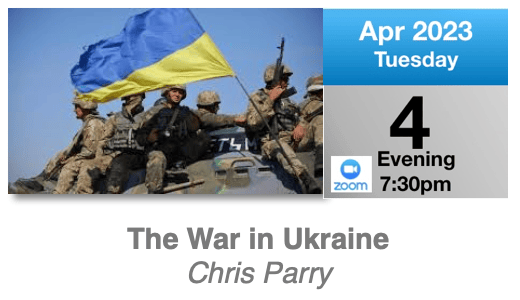
Tuesday 4th April; 7:30pm
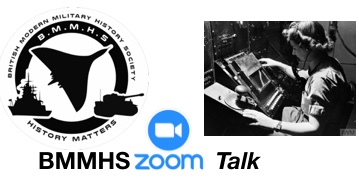
Click above for FAQs on BMMHS Zoom Talks
What has happened and is happening in Ukraine
After reading Modern History at Jesus College Oxford, Chris Parry spent 36 enjoyable, rewarding years in the Royal Navy as an aviator and warfare officer. He commanded the destroyer HMS GLOUCESTER, the Amphibious Assault Ship HMS FEARLESS, the UK’s Amphibious Task Group and the Maritime Warfare Centre. He also held five senior Joint and UK Ministry of Defence appointments, with responsibility for the strategic development, policy, effectiveness and operational deployment of all three armed forces out to 2030.
As well as sailing every sea, he experienced regular operational tours and combat operations in Northern Ireland, the Gulf and the Falklands, where he rescued 16 SAS troopers from a glacier during a hurricane in South Georgia and disabled the Argentinian submarine SANTA FE. He was awarded the Guild of Air Pilots and Air Navigators Helicopter Rescue Award in 1983 and his Falklands War diary was published as the best- selling ‘Down South’ in 2012.
Nowadays, he runs his own strategic forecasting and trouble-shooting company, advising governments, leading commercial companies and banks about geo-political and strategic issues, future trends and systemic risk. The founding Chair of the UK’s Marine Management Organization, he is an internationally recognized authority on maritime issues, as well as in countering terrorism, criminality and unconventional conflict.
With a doctorate in organisational psychology, Chris is a visiting Fellow at Churchill College Cambridge and presents on strategic issues, geopolitics and risk at several universities in the UK (Oxford, Reading, Swansea), the US (Ivy League institutions and the US Naval War College) and elsewhere. He also teaches strategic leadership, risk management and organisational psychology within a number of corporates and at the UK Defence Academy and the Global Leadership Academy. He appears as a regular broadcaster and commentator in international and UK media and is an active author, most recently with the prescient Super Highway: Sea Power in the 21st Century’.
Useful links
Copyright © 2023 bmmhs.org – All Rights Reserved
Images © IWM & NAM
